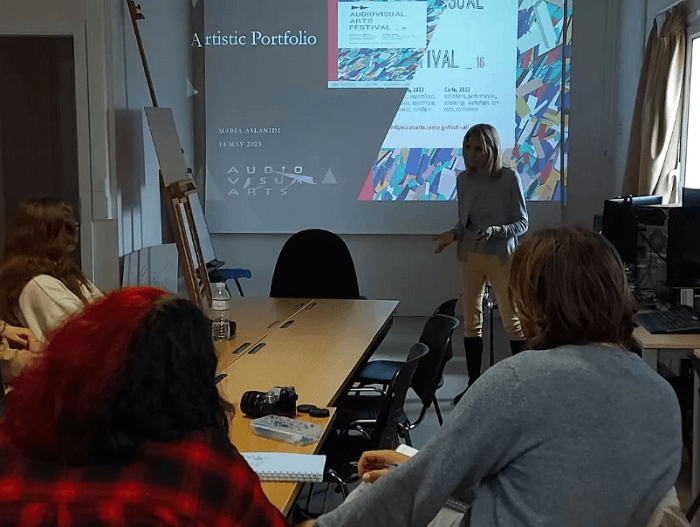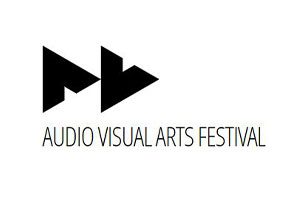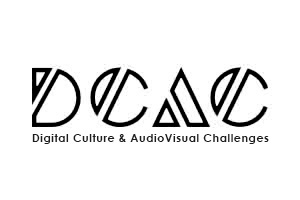
Writing is an art and a craft. In this light, it can constitute an independently creative work, a creative process through which something equally new and unpredictable can "emerge". The relationship between artistic research and practice and their writing within the framework of the research process is a particularly "provocative" and much-discussed topic within and outside the academic environment of the arts, to which, however, the necessary emphasis has not yet been given, as dictated by the evolution of artistic research in the academic and non-academic environment of the 21st century.
Academic writing in artistic research provides a clear language for expressing implied knowledge and understanding of embedded artistic practices and products, while at the same time the artwork may transcend the verbal and resist the so-called academic conventions.
Similarly, in the discussion of artistic practice and writing, the fact that writing constitutes a practice is often overlooked. The linguistic representation of research is also a creation that requires as much dedication and commitment as an artwork does. Every artistic research has its significance, so it is important to seek the most suitable style for its written representation.
As understandable and beneficial as this may be, there are some "risks" involved. Where are the boundaries in the style of written representation of artistic research? Which choices in content are linked to style? How does the intended audience at any given time relate to the purpose of the text, and therefore to the style of the written text? What are the academic conventions that [should] be followed or not followed each time?
In the context of this brief seminar, alternative approaches to style are sought, which is considered appropriate on a case-by-case basis for the written account of artistic research. At the same time, selected examples of written texts are presented, drawn from both purely academic contexts (e.g. artistic research published in scholarly journals, etc.), as well as from non-academic contexts (e.g. artist statements in catalogue exhibitions, museums, portfolios, art reviews, essays and/or articles in (non-scientific) art magazines, etc.).
Requirements to participate:
Participants should have prepared some first attempts at a written account of any form of artistic research. Each presentation will last 10 minutes (5 minutes of presentation and 5 minutes of questions). The audience of the workshop does not need to be prepared.
Language of instruction: Greek
Back to seminars





